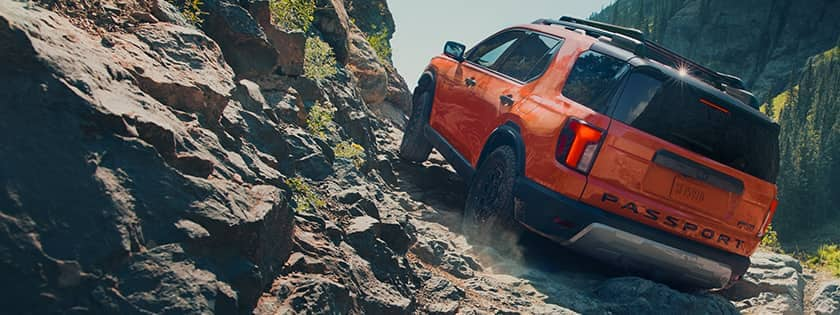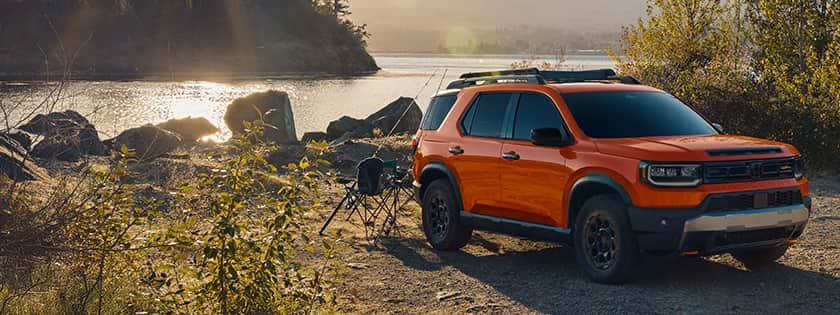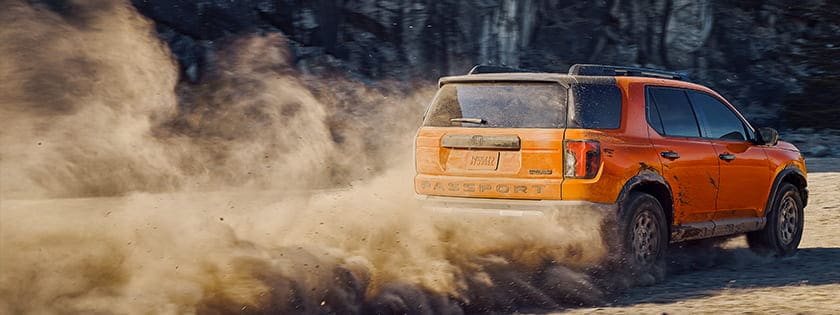"How do I get your job?"
It's the second-most-asked question every automotive journalist gets, right after, "What's your favorite car?" And, well, the truth is, there are an infinite number of ways to break into the automotive-writing culture.
There are people who wander into the car-writing business because their neighbor happened to be someone who knew someone. Others were hired as temps and wound up test drivers. And some were born into it since Dad was the editor in chief of Popular Mechanics. Then there are those who pursued their career with laserlike focus, relentless drive and some far-fetched (and effective) creative effort.
Any Opening Anywhere
There's no right way, no wrong way and no single way to get into the business of writing about cars. But you need to know the business and the culture that surrounds it to find a way in.
"I went to the University of Michigan because it was in Ann Arbor and I wanted to work for Car and Driver or Automobile," explains Eddie Alterman who became the editor in chief of Car and Driver and Caranddriver.com last year. "I went there to get a gofer job and did that at Automobile during my college career. The summer that I graduated, [Automobile's founder and former Car and Driver editor] David E. Davis Jr. was moving and I helped them move from their house. We got friendly and he hired me full-time."
Former Popular Mechanics automotive editor Ben Stewart got his start by meeting magazine staffers at 4WD-truck shows. "My truck wasn't worth featuring in a magazine," says Stewart, "but I knew where they were going to be shooting features and I asked if I could tag along. That's how I met [journalist] Tom Morr. And eventually that led me to a job at Four Wheeler. I even wrote a feature about my own truck."
David Freiburger — editor in chief of Hot Rod Magazine, Hot Rod Deluxe, HotRod.com and Hot Rod TV — began writing freelance stories while he was working in the automotive aftermarket and meeting journalists. Scott Oldham, the editor in chief of Edmunds.com and Inside Line, began by toting former CSK Publishing polyglot editor Cliff Gromer's camera bag around at car shows. I self-published a parody of Car and Driver and sent it to every car magazine in the country.
No matter which channel each of us found, what we have in common is meeting people already established in the business. And once they've been met, we somehow convinced them we could solve their problems. It's a trick that works every time.
Brains vs. Education
In sum, your education may or may not matter much.
Eddie Alterman has a degree in English, while David Freiburger spent a few haphazard weeks at Cal State Los Angeles and then dumped that for successive jobs at Burbank Dodge and the Glendale Speed Center. Former Car and Driver Editor in Chief Csaba Csere has an engineering degree from MIT. I have a degree in political science from UC Santa Barbara. Scott Oldham attended the New Jersey State School of Therapeutic Barbering.
Your brain and your skills, however, matter a lot.
"It's a very strange combination of skills," reveals Alterman. "It's right brain and left brain. You need a real knowledge of how cars work and you have to be able to communicate it. You need to drive well and you need to know the history of cars. Some of that you only get from experience. It's a schizophrenic skill set."
"It's such an intricate matrix of stuff," David Freiburger notes. "You need to write, shoot photos and market. You need an enthusiast background to sell the 'cool' to the audience."
Of course, the proliferation of Web sites means anyone can become a "published" journalist. And it's easy to start your own blog with an essentially zero-dollar investment. But doing it doesn't necessarily mean doing it well.
"There are probably more people out there writing about and photographing cars than ever before," adds Freiburger. "But it's questionable whether any of them are getting edited. There are a ton of people waiting to work here, but they're not remotely qualified. I don't care about a resumé; I care about clips. I'd rather see an unedited manuscript."
To get noticed, you have to develop a network of contacts. And to get those contacts, you need to put yourself out there. Send e-mails. Write fan mail. Look at what really makes up a publication or Web site and figure out what it is they need most; it's not Ferrari road tests.
A magazine like Hot Rod is always looking for well-written, cleanly photographed tech stories. Car and Driver needs all those small features at the front of the book. Inside Line needs immediate breaking news that's pertinent to its audience. Those are where you're most likely to break through, so start coming up with ideas. And write like your living depends on it.
It Really Is a Job
Believe it or not, automotive journalism is a real job.
Staff members of magazines and Web sites need to aggressively pursue stories where no one else is looking. They need to meet deadlines, even if it means working through the night. They need to want to write stories about cars not just because they're getting paid to do it, but because they love to do it and strive to do it well. Trust me, there's no worse agony than staring down a deadline knowing full well that what you've written so far completely sucks...at midnight.
To really be successful, you can't afford to be anything less than your own worst critic when it comes to the quality of your work. You need to be a strong writer who is committed to getting stronger. Find somebody who is a better writer than you and beg them to edit your copy. Just because you love every word of it, doesn't mean it's very good. And every good writer was taught by a better writer.
You also need to be a good reporter who asks the right questions the right way. You need to know photography well enough so that you can put together a good visual presentation. And, nowadays, you need to be both familiar and comfortable with video and the Internet. Over time, anyone who doesn't have all that, washes out.
"Someone who comes in and is cocky and knows everything?" says Eddie Alterman. "That person is in for a rude awakening."
Sure, if you do it well, continue to listen and improve your skills, chances are you'll eventually get to drive all the cool cars. Or build some mighty hot rods. And you'll get to go to places you never even dreamed of visiting. But that's not what the job is about. It's about being good at a defined list of skill sets like any other job. And wanting to visit the Ferrari factory because it would be cool is not on the list.
"I find the younger people think the job owes them and not that they owe the job," reveals the not-that-ancient Freiburger. "They're there to get the rewards. And most of the time, it's the work that's the reward."
"I love the craft of creating content," asserts Alterman. "It's about words and pictures and putting them together. It's about making sure our voice is strong."
"I just want to go home at night thinking that what I did that day didn't suck," summarizes Scott Oldham. "Once in a while, it actually happens."
Get Writing
Skills are everything and the only way to get them is to work at it.
All good writers are first great readers. If you don't know what makes Dickens, Hemingway, Shakespeare, Twain and Stephen King great writers, you'll never get any better yourself. So take courses, download everything onto your iPad, and read all the greats until your retinas burn.
Then go to the library and pull up some back issues of car magazines. Read everything Brock Yates wrote for Car and Driver in 1970 and learn how to put the reader in the driver seat. Read Gray Baskerville's stuff in Hot Rod from the '80s and '90s and figure out what it means to have a distinctive voice and true enthusiasm. Read the real writers of today, guys like Peter Egan, Dan Neil, John Phillips III and Don Sherman. Google Tom McCahill, Ken Purdy and LJK Setright.
Keep informed about popular culture, history, politics and art. Good writing needs solid references and you can only mention Vanishing Point and Smokey and the Bandit so many times.
And if you don't own a quality digital SLR camera, get one and start shooting. Take a photo class if you must, but learn composition and lighting. Pay attention to the photo credits in magazines and Web sites, and you'll see that the same names appear over and over on the best stuff. There's a reason for that.
But most of all, write. Take every writing course you can and be grateful for any teacher who will care enough to point out exactly why your writing is crap. If you're in school, slave away on the school paper. If there's a newsletter where you work, volunteer to write it. Start your own blog, keep a diary, write about every car you brush up against. Then rewrite everything you've written until it glistens with brilliance.
How do you do that? Here are three quick tips: Assassinate all the unnecessary words; lay off the exclamation points; and if you think you've read that lead before somewhere else, delete it and start over.
Then, when you have the skills, and the opportunity arises, you'll be able to take advantage of it. You never know when that opportunity is coming.
So get ready. And get going.




